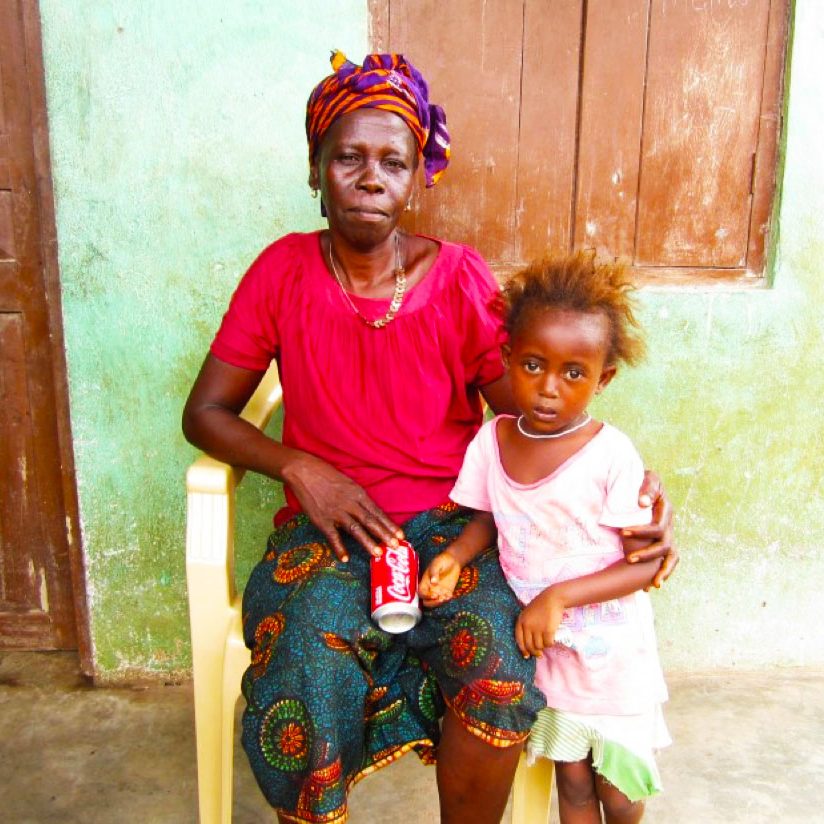
It makes me more happy to come to the facility.
– Hanna Kaloko
Even before the Ebola outbreak hit Sierra Leone in 2014, there wasn’t much trust in that nation’s health facilities. Many lacked electricity, a steady supply of medicines, proper equipment in delivery rooms – even chairs for people to sit in as they waited. Most of those in Sierra Leone preferred traditional birth attendents or traditional healers to doctors. During Ebola, things got worse, with health services severely impacted and health workers turning people away from clinics for fear of contracting the lethal virus themselves, which many of them did.
Sierra Leone ranks near the bottom of global maternal and child health indicators, which is why motivating women to seek care is so important. CCP’s Health Communication Capacity Collaborative (HC3) Sierra Leone project was designed to get more people to use their local health facilities and rebuild trust in the services they provide. Stronger health systems, the logic goes, could reduce the devastation of a future epidemic.
Hanna Kaloko and her neighbors in the Port Loko district took part in community dialogues run by HC3. Together, they discussed their fears and what it would take to get them to seek the clinic’s services in the future. And, together, they gave the local facility a facelift, with community members like Kaloko working alongside service providers to ensure the clinic had necessary supplies as well as a clean, welcoming atmosphere. It built not just a better clinic, they all agree, but trust where much had been lost.
“It makes me more happy to come to the facility,” she says. “Wherever I see a pregnant woman, I encourage her to go to the hospital, and now a lot of them come from the different villages to get service from it. I take my grandchildren when they are sick and they give us medicine so I am happy. The development work that has taken place has brought light to the facility.”
Receive the latest news and updates, tools, events and job postings in your inbox every month